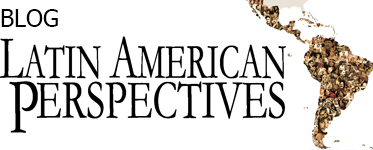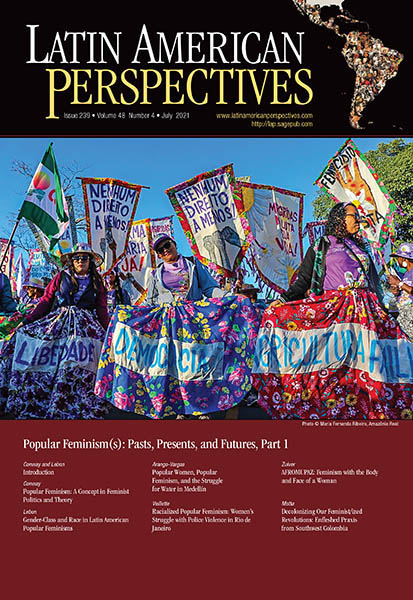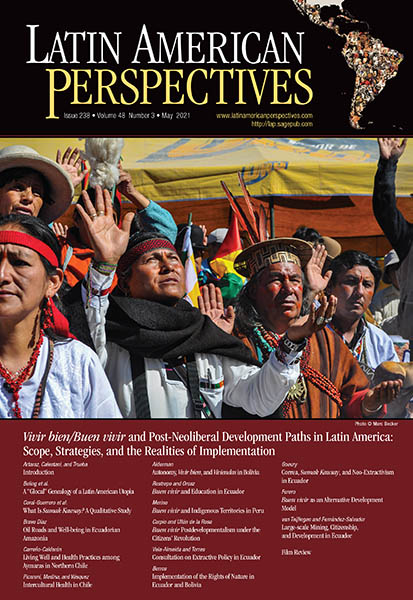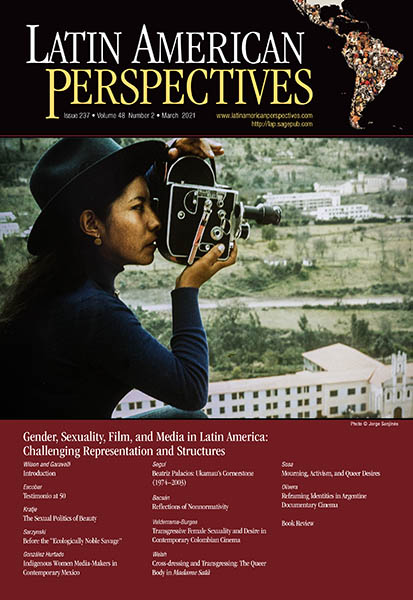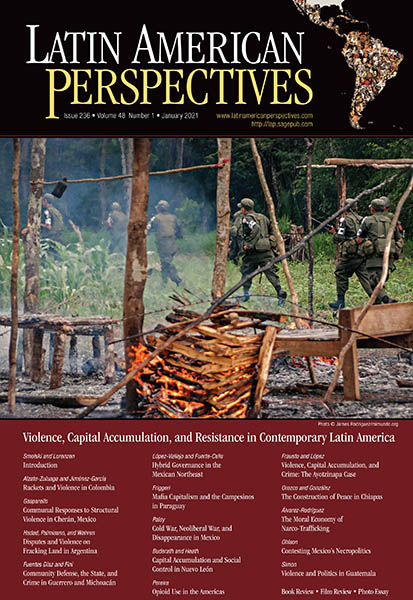Political Report #1458 The Business of Puerto Rico’s Statehood Party by Pedro Cabán
LAP Blog Exclusive"To reach the unreachable star. This is my quest, To follow that star No matter how hopeless, No matter how far." Don Quixote’s elusive quest is a fitting metaphor for Puerto Rico’s statehood movement. For over 120 years Puerto Rican annexationists have campaigned to convert the archipelago into a state of the Union. In 1899, one year after Spain was forced to cede Puerto Rico to the United States, the island’s Republican Party and the Federal Party called for the archipelago’s “definitive and sincere annexation.” Consistent with their understanding of U.S. territorial policy, the annexationists expected that Puerto Rico would automatically become an incorporated organized territory, and eventually be granted statehood. This clearly did not happen. The Supreme Court ruled in 1901 (Bidwell v Downes) that since Puerto Rico was “inhabited by alien races differing from us in religion, customs, laws, methods of taxation, and modes of thought” it would be barred from admission into the Union until that time when “our own theories may be carried out and the blessings of free government under the Constitution extended to them.” Puerto Rico long ago acquired these attributes, which are central to the creed of American exceptionalism, but it still languishes as the [...]


